By LIM MAY LEE & NATASHA VENNER-PACK
EMILY Yong, 16, learnt about paedophiles on television.
“I never really heard much about online safety and paedophiles at home,” she said. “My parents just told us to be careful online and not meet up with Internet friends, but they’ve never gone into full detail.
“I think that’s why we’ve never really taken any safety measures.”
Yong is just one teenager, but her story highlights a common problem – young Malaysians just aren’t learning enough about sex and digital safety from their parents.
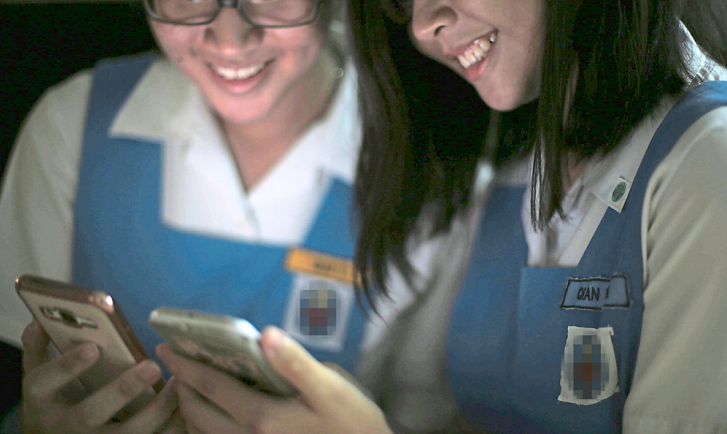
Helicopter parenting will have an adverse effect on children. Parents should instead educate their children on digital safety and the tactics used by groomers.
R.AGE’s Predator In My Phone undercover documentary series exposed the disturbing reality of online child sexual exploitation in Malaysia, and many NGOs and welfare organisations have responded by saying parents have to step it up, no matter how awkward or tech illiterate they are.
“Children are now vulnerable online as well as offline,” said United Nations Children’s Fund (Unicef) representative to Malaysia, Marianne Clark-Hattingh. Unicef recently launched a massive global Internet safety campaign, which will be unveiled in Malaysia on June 25.
“It’s important that parents play a prominent role in cultivating a safe environment for their children, by having open discussions on sexuality, and also teaching them how to stay safe on the Internet,” she said.
To put into context how potentially widespread child sexual exploitation could become, there are an estimated 3.1 million Internet users in Malaysia below the age of 19, according to a 2014 survey by the Malaysian Communications and Multimedia Commission (MCMC).
A survey conducted by R.AGE and U-Report found that 67% of respondents said they’ve experienced online “sexual grooming”, the process of gaining a person’s trust and then manipulating it for sexual exploitation.
RELATED STORY: Why we need anti-grooming laws
But getting Malaysian parents to start communicating about these issues with their children is easier said than done, according to Yong.
“I feel our Asian culture makes it a bit more uncomfortable for parents and children alike to talk to each other about these sensitive – and somewhat embarrassing – issues,” she said candidly.
“I think that’s why most teens aren’t aware of the danger they may be putting themselves in.”
Many parents have already commented on the Predator In My Phone Facebook page that they would confiscate their children’s smartphones and ban them from using the Internet.
That approach simply won’t work, according to Low Ngai Yuen, president of WOMEN:girls.
“Stern disciplinary action like confiscating mobile phones or disconnecting the Internet might backfire,” she said.
Instead, it is critical that parents maintain an open line of communication with their children. They have to start conversations about groomers and their tactics, and create a comfortable space for children to tell them about any inappropriate messages they might receive.
“Parents and teachers should encourage a space for sharing where the child isn’t being scared of having the blame placed on them,” added Clark-Hattingh.
However, just talking about these issues isn’t enough. Young Malaysians also need to be empowered to make the right decisions.
It’s almost impossible to constantly monitor a child. If they’re determined enough to keep a secret, they probably will succeed – especially if there’s a persuasive groomer egging them on.
Plus, many teenagers will go through a rebellious stage and seek freedom and relationships online. “If we think we can relate to a person online, we start to trust them more than our own parents and teachers,” said Yong.
At this delicate stage, it’s probably best if parents ease off on the lectures and empower their children to make good decisions instead.
“Parents need to help the child distinguish between right and wrong,” said child psychiatrist Dr Chiam Heng Keng.
“That way, when they come into contact with something undesirable, they will be able to identify it and have the willpower to walk away on their own.”
Tech-savvy parenting
Getting parents to talk about sex with their kids can be awkward, but getting them to learn about new technology? That could be even harder.
Association for Progressive Communications women’s rights manager Jac SM Kee said parents have to be “digitally literate” to help stem the tide of Internet-related rape cases. There was a 300% rise in such cases in 2015.
“Adults tend to feel less empowered with technology. So they want somebody else to take care of this issue, even though they are the ones who have the most contact with and responsibility for the child,” she said.
Digitally literate parents would be best placed to empower their children in the online world, so it’s time they start figuring out the differences between WeChat and SnapChat.
“Whenever there is a new advancement in technology or app, parents need to make the effort to look at these websites or apps, go through it, understand it, and then talk their teens through it,” said Natasya Saufi, board member of P.S. The Children.
Keeping tabs on the latest apps and how they work is a start, but parents also need to understand how predators might use them to prey on their children.
For example, R.AGE journalists were able to easily attract the attention of sex predators using the “friend finder” feature on several popular chat apps. Parents should be particularly careful with these location-based features.
Once digitally literate, parents need to use different empowerment tactics when approaching younger children and teenagers.
For younger children, parental control and set boundaries on Internet usage are important.
For teenagers, however, digital literacy includes getting them to understand that the information they give and people they meet online can be used to harm them.
Groomers’ ideal targets
According to criminologist Dr Geshina Mat Saat, research has shown that the most common characteristic among child sexual exploitation victims is that they were looking for an “ideal” love.
“They’re looking for their ‘Prince Charming’,” she said. “They don’t see it in their school or immediate environment, so they look for him on the Internet.”
Without proper communication and trust between parent and child, the door is wide open for predators to reach their victims by presenting themselves as that perfect man.
To make matters worse, groomers often manipulate children into keeping their relationships a secret.
“Groomers don’t do it (sexual abuse) straight away,” said Dr Geshina. “Some use lines like ‘You’re beautiful’ and ‘You’re the only one for me’. Girls are more likely to fall for perpetrators who praise them.”

Influenced by what they see in the media, young girls turned to the Internet for their ‘Prince Charming’, with disastrous results
Several of the predators R.AGE met while filming Predator In My Phone appeared to use this tactic – they were always available to talk (doesn’t take much to type a few messages), and always saying nice things.
Without proper digital safety education and empowerment from the adults in their lives, teenagers struggling to create an identity will be particularly vulnerable to the validation they get from groomers.
“Growing up, you’ll try to distinguish yourself from everybody else,” said Kee. “With the Internet, teenagers can experiment with different forms of their identity, saying ‘I like this or that thing’ and hoping people will think they’re cool and want to be their friend.”
While such behaviour is normal for teenagers, chat apps and other social media make it easy for predators to take advantage of this awkward phase in their lives.
“My friends tend to think everyone on the Internet is just like them, and no one will try to hurt them. Maybe they think there are only a few predators out there, so what are the odds that they’ll meet one?” said Yong.
But if a teen falls victim to online sexual exploitation, help and support from the parents and professionals is incredibly important. It is also crucial that the child and family reports the crime to the police.
“It’s important for parents not to scold the child or blame themselves for being bad parents,” said Dr Chiam.
“The family needs to come together and discuss how they can move forward. Most important, the child must be helped to feel loved and accepted,” she said.
“To help the child, parents need to make an effort to learn how the abuse happened, so the whole family can learn from it and move on.”
Find out more about cyber sexual grooming in Malaysia by watching the R.AGE original series Predator In My Phone at rage.com.my/predator.

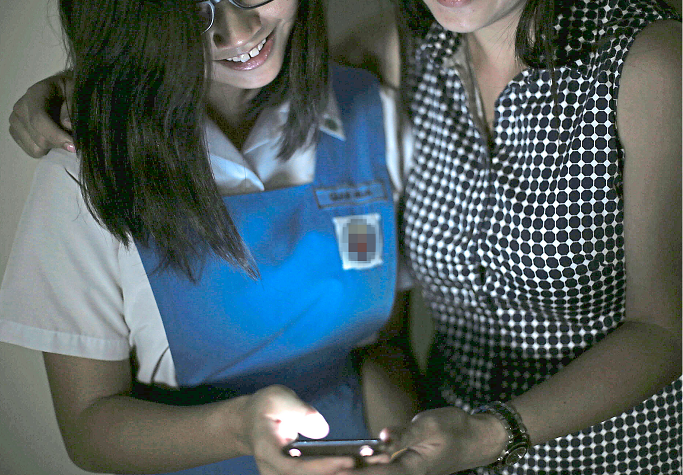
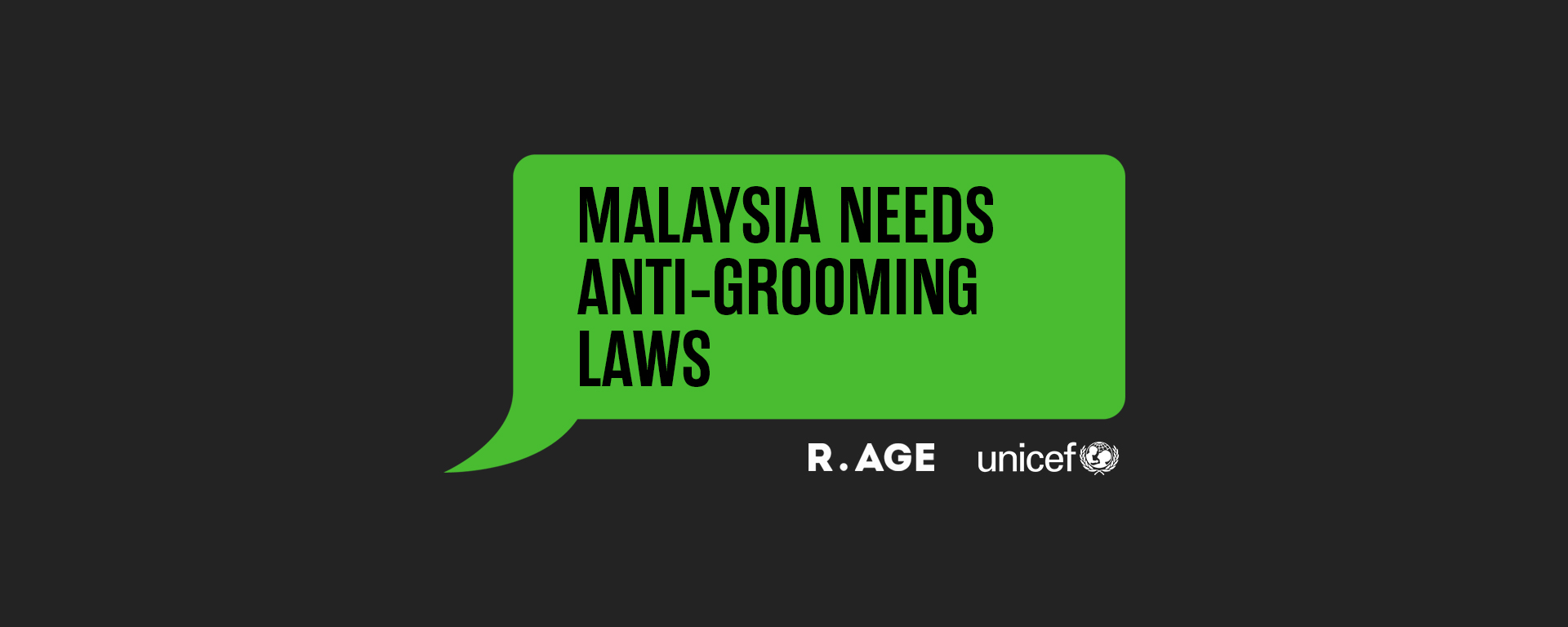



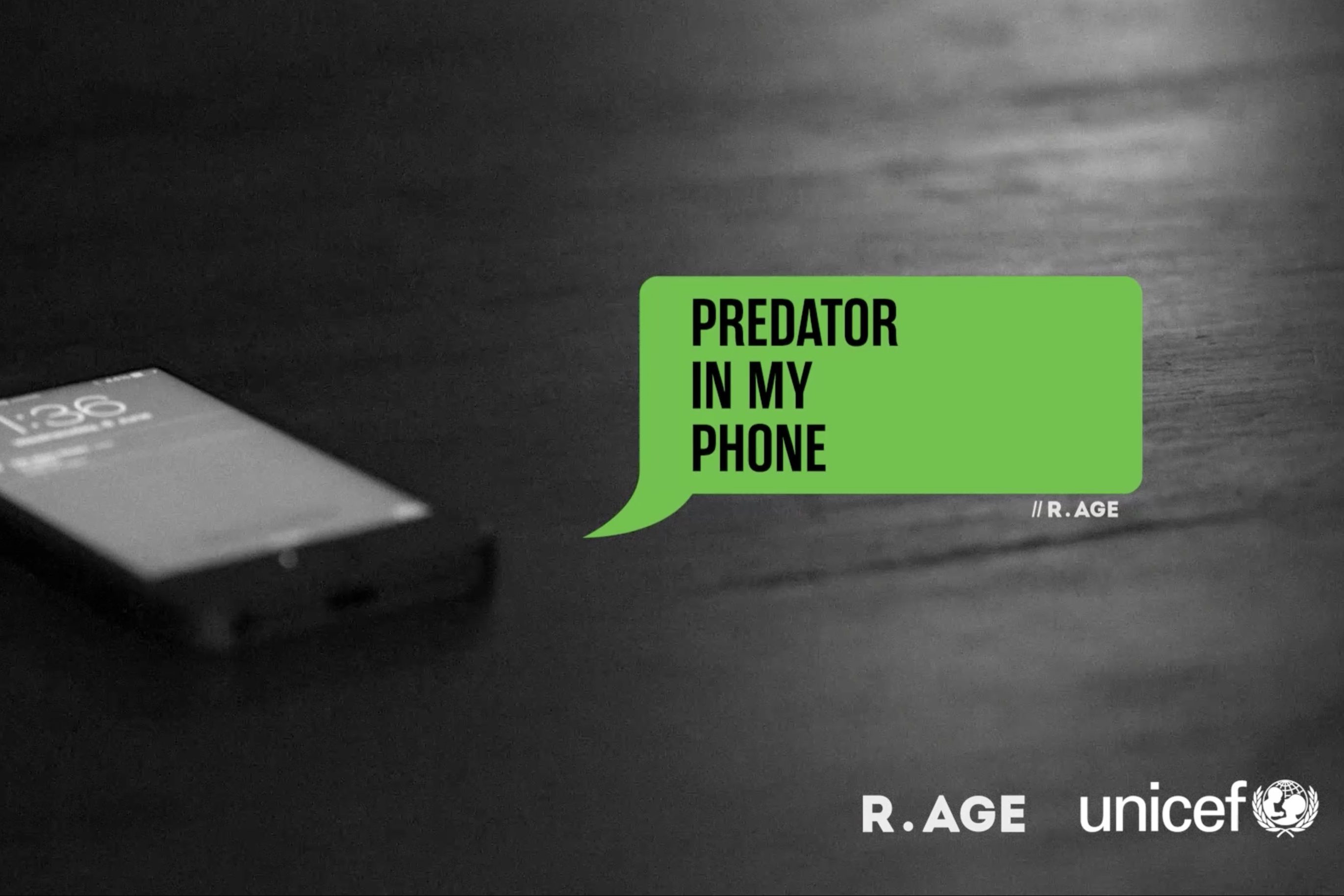

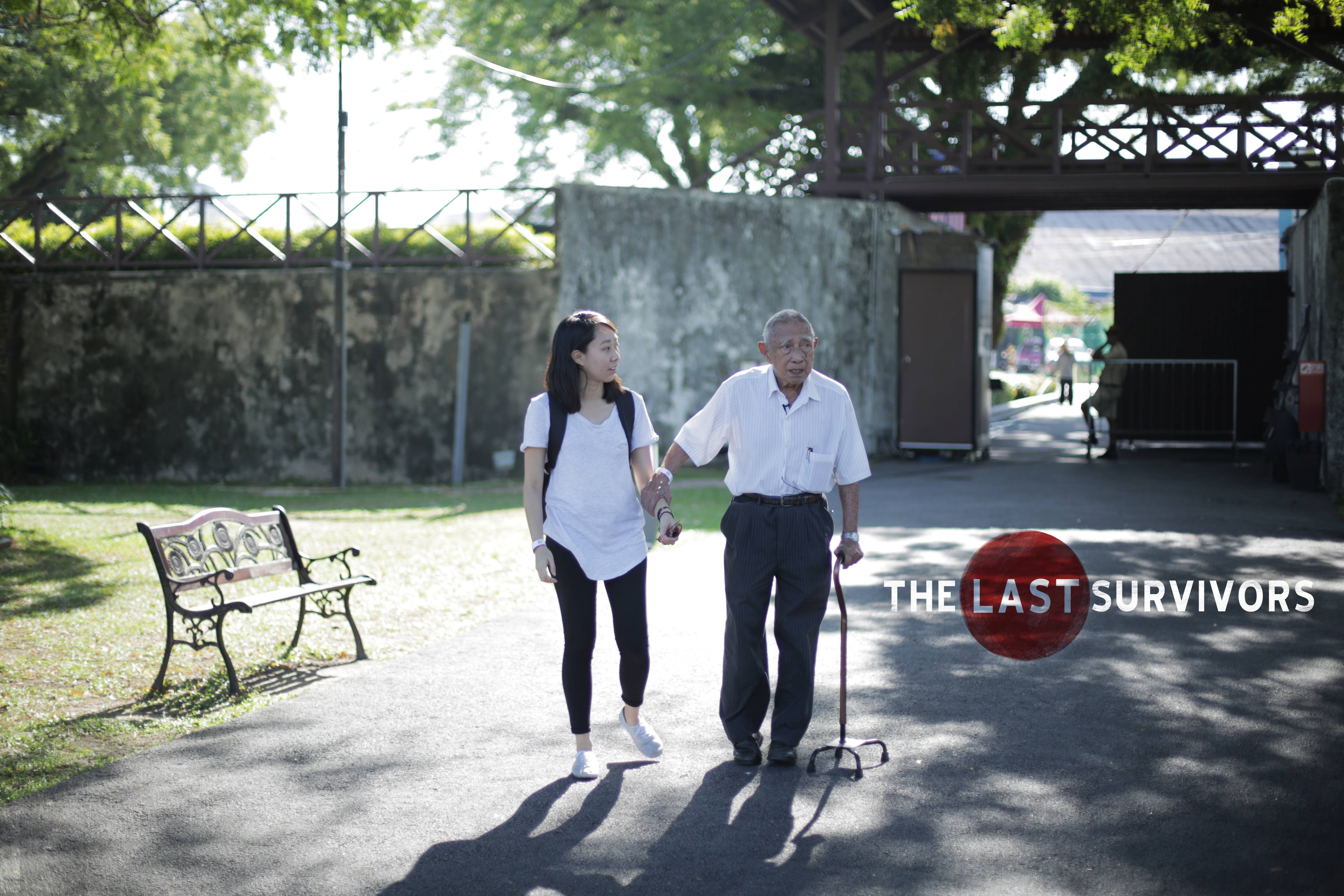
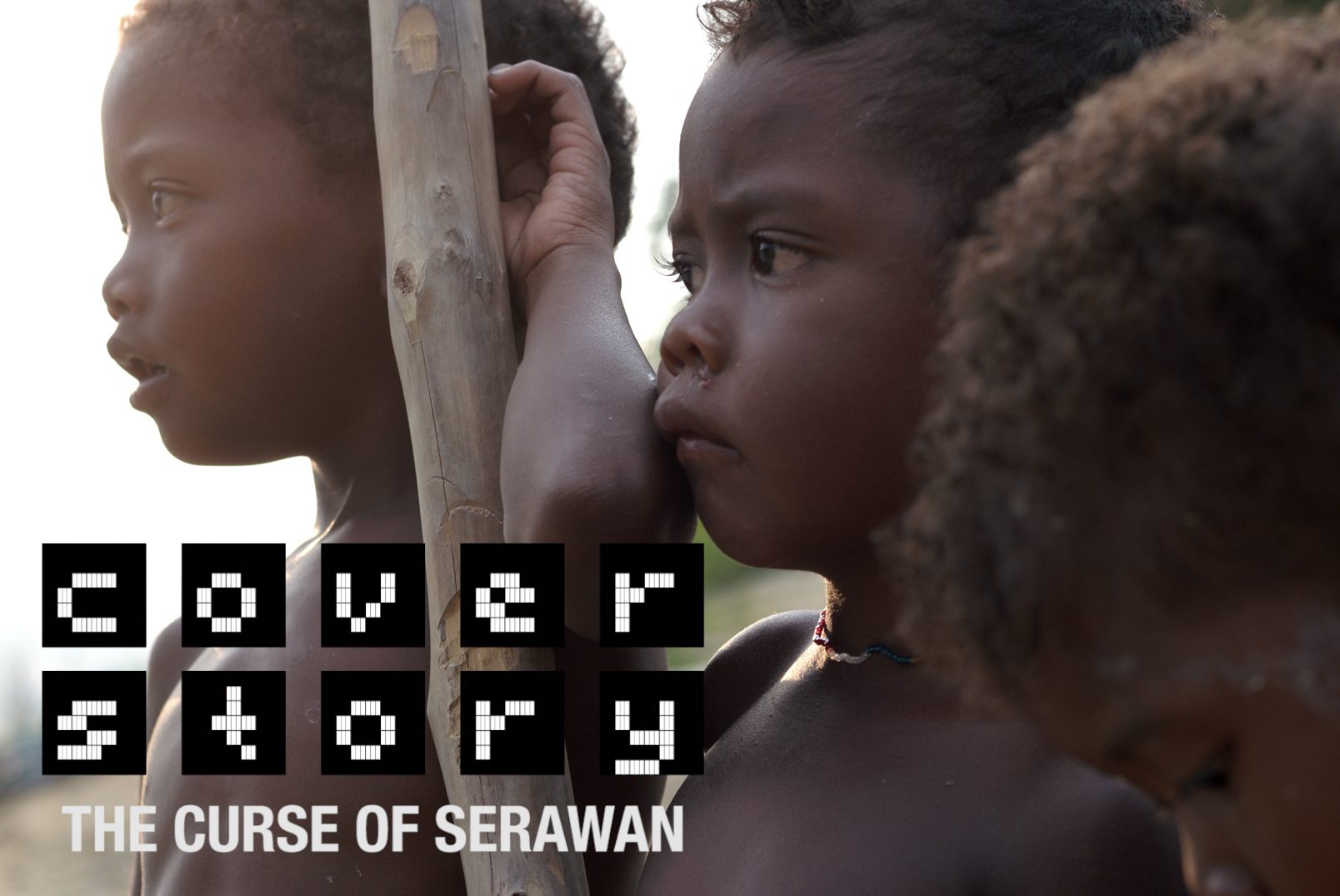

Leave a reply